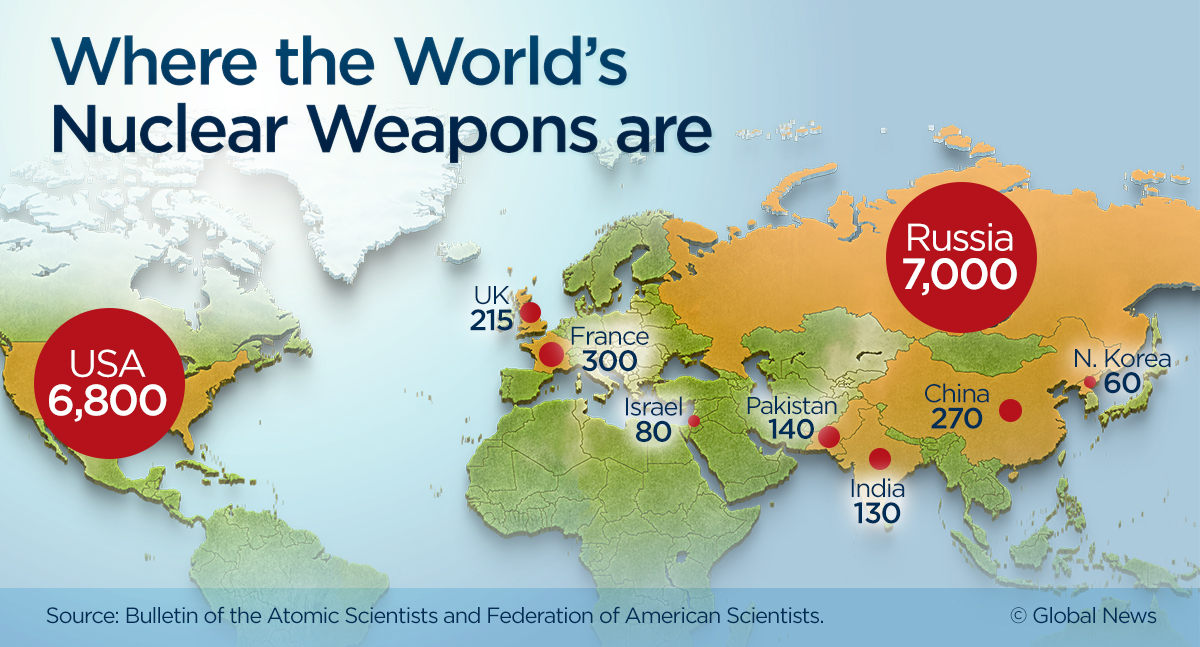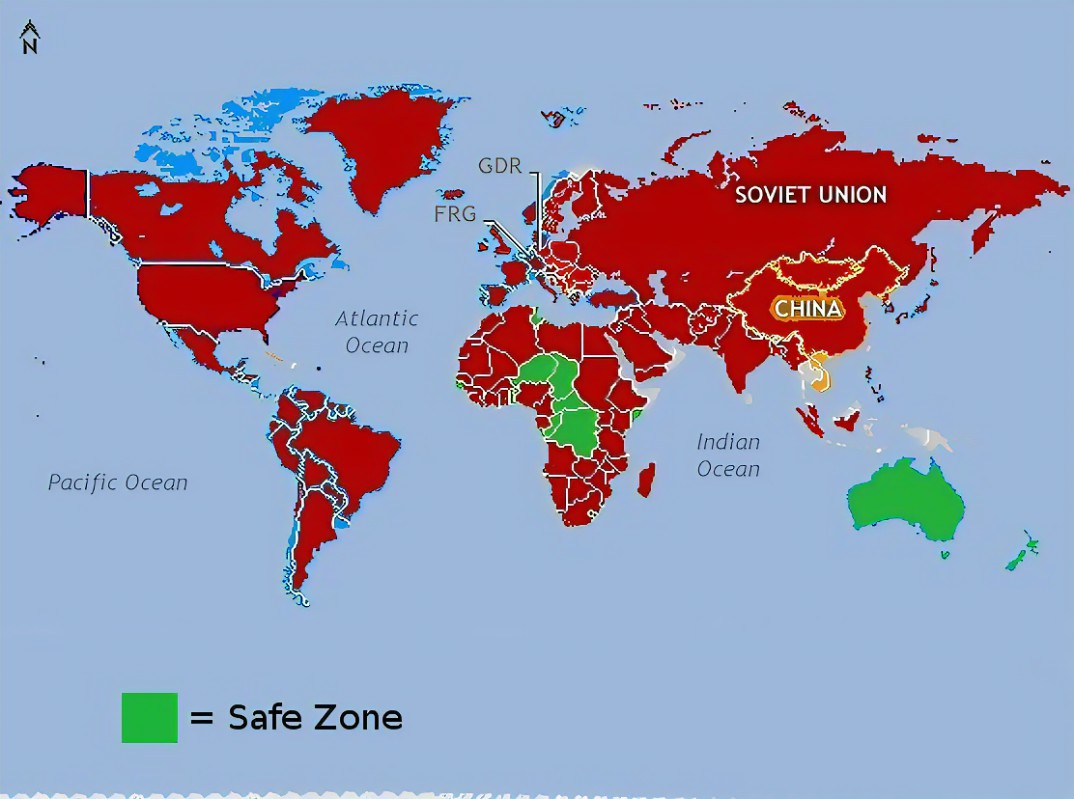Let's call a spade a spade, immigration mainly benefits those
entering a country and not the country's current residents. Otherwise,
countries would have to pay people to come rather than build fences to
keep them out. The cost of integrating these immigrants into society is not small. Back in July of 2022, it was reported that the British government was spending more than £6.8 million ($8.4 million) a day on housing prospective
asylum seekers and Afghan nationals in hotels across Britain.
Continuing with Britain as an example, migrants that left France in small boats have been overwhelming British officials. The Home Office staff and border chiefs reported to U.K. lawmakers that over 38,000 prospective asylum seekers had landed in Britain via the English Channel in 936 small boats by the end of October 2022. This is even after some 28,000 crossing attempts had been thwarted by French authorities. The majority of those who arrived in Britain were placed in hotels after the makeshift processing centers created to handle them reaching full capacity.
All said, it is estimated this immigration fiasco is already costing British taxpayers close to £2.5 billion ($3.1 billion) a year and is likely to increase as the processing backlog grows. Adding to this ugly picture is that many of those residing in hotels have been doing so for at least a year. Of the thousands of asylum seekers who arrived via the Channel last year, 96 percent are still awaiting a decision on their asylum request and, of the 4 percent that has been processed, an overwhelming 85 percent have been granted asylum.
All indications are that more immigrants are on their way. The wave of people migrating from poor countries to lands of "milk and honey" is unlikely to abate unless harsh measures are taken. A Gallup survey in 2021 indicated that 16% of adults across the world, or roughly 900 million people said they would like to move to another country. And of course, many would end up taking other family members with them putting the total well over a billion. This desire to move to another country is at its highest level in a decade. Many of these people live in poor areas such as sub-Saharan Africa, Latin America, and parts of Asia. While their desire to relocate is easy to understand, this does not mean most well-to-do countries are excited to welcome them in.
 |
| Fences Only Slow The Tide |
To be clear, immigrants are often allowed or even welcomed into a country under the guise or rationale that we need more workers or that a growing population propels economic growth forward, both these claims are massively flawed. The fact is, these needs can often be better addressed by simply redeploying and making better use of existing labor and capital. With the flow of immigrants into the country you don't just get workers you get people and many of these must be provided for costing the nation far more than they will ever produce.
The Wall Street Journal has noted that Germany has not been successful in turning enough of the nearly 13 million people flowing into the country since 2015 into workers. Unemployment among Germans is roughly 5 percent while those from other countries is at 12 percent. In short, only one in three immigrants has a tax-paying job. The migrants that do work often work in low-skilled low-paying jobs that require the state to continue paying out welfare benefits.
 |
| This Is Akin To An Invasion |
| No-Go Zones In Europe Show Resistance To Assimilate |
The no-go zones in Europe stand as a testament to many immigrants' desire not to assimilate into a culture. Adding to the problem is the acceptance of a country to non-assimilation by demanding that local governments and schools bend over backward to meet the needs of these people by printing forms and teaching in multiple languages. These programs help them survive even if they resist adopting and adapting to the cultural norms of their new country.
Poor immigration policies are far more costly than most people realize and drain valuable resources away from other citizens. The idea those flowing into a country will respect its culture and adopt its values is not guaranteed. The notion that migrants can be kept in line and made to behave through increased surveillance and technology is also a reach. By this, I'm referring to some of the social control and shaping methods being used by the Chinese and other governments.
With all of what you have read in mind, borders are a creation of man and men set the rules as to who crosses them and on what terms. While it may seem unfair to exclude or deny individuals the right to enter, we must remember that life is unfair and this is a reality of life. Regardless of how you feel about this, you had better prepare for an invasion. What is yours won't be yours for long if you allow others to simply take it for the asking. Quality countries and their citizens have something very special and it is logical that they want to protect it.
(Republishing of this article welcomed with reference to Bruce Wilds/AdvancingTime Blog)

















